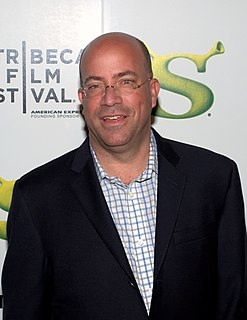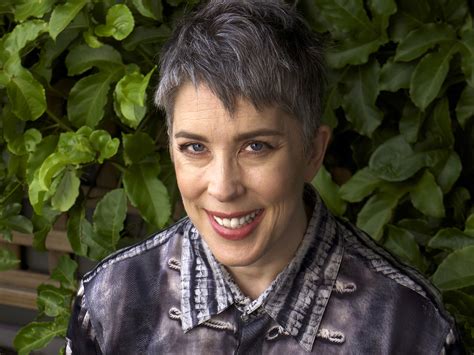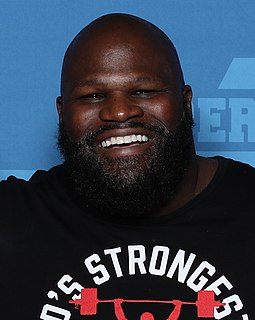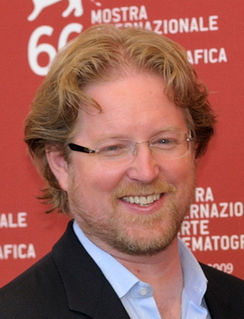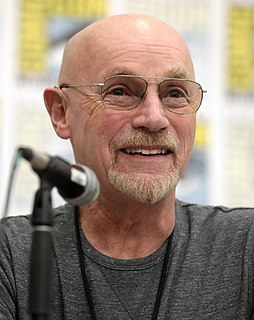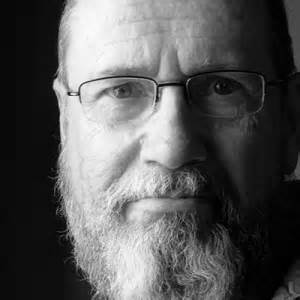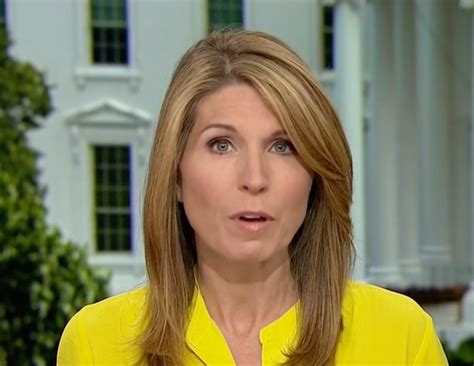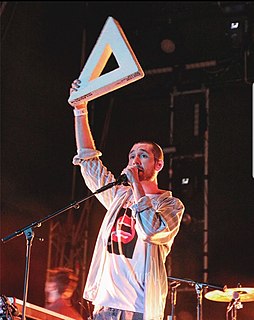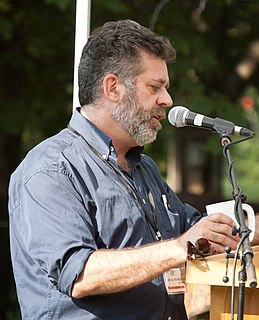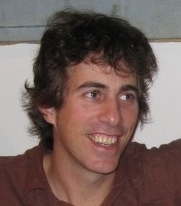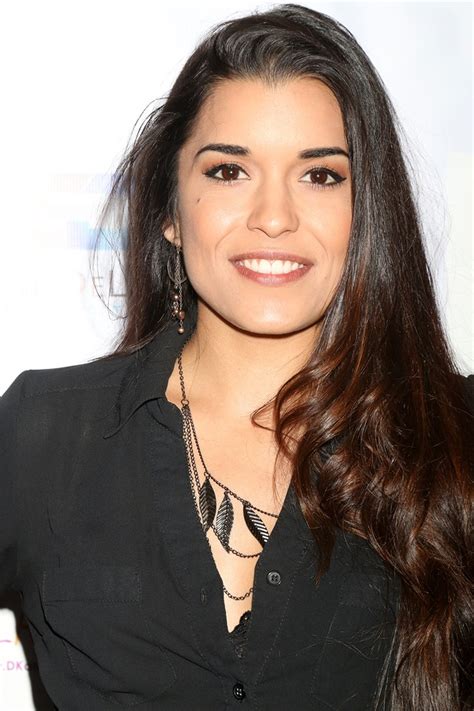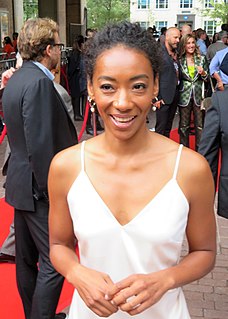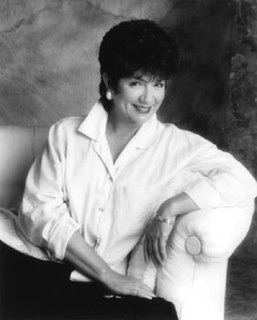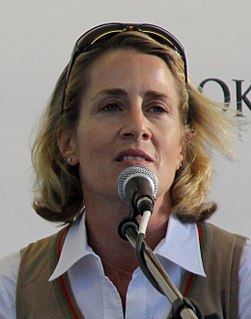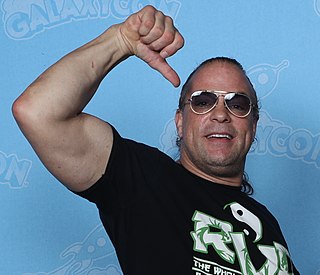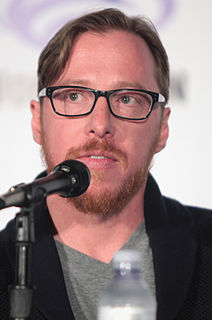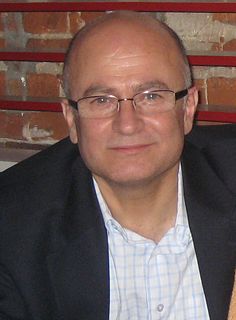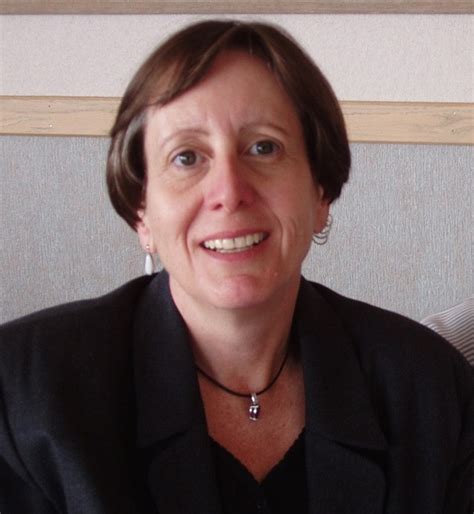Top 1200 Fictional Stories Quotes & Sayings - Page 19
Explore popular Fictional Stories quotes.
Last updated on December 2, 2024.
I started writing because I wanted to write scripts, but I wasn't very good at it. Then I started writing short stories, sort of as treatments for the film scripts, and I found I enjoyed writing short stories far more than I enjoyed writing film scripts. Then the short stories got longer and longer and suddenly, I had novels.
I was being brought up on peasant stories; my mother came from Europe and she'd been a peasant and that was the area where the Frankensteins and the Draculas came from and it was entertainment for the people. Nobody had TV, and that was the way peasants would entertain themselves, by telling these stories.
I grew up in Sierra Leone, in a small village where as a boy my imagination was sparked by the oral tradition of storytelling. At a very young age I learned the importance of telling stories - I saw that stories are the most potent way of seeing anything we encounter in our lives, and how we can deal with living.
There is humanist enterprise of the book, and amongst that there are many, many stories. And that is why at the end, when he says that the stories are so illuminating that they must be engraved and encased in gold and put in the palace library, the people who compile the book are telling us that this is a collection of human wisdom.
